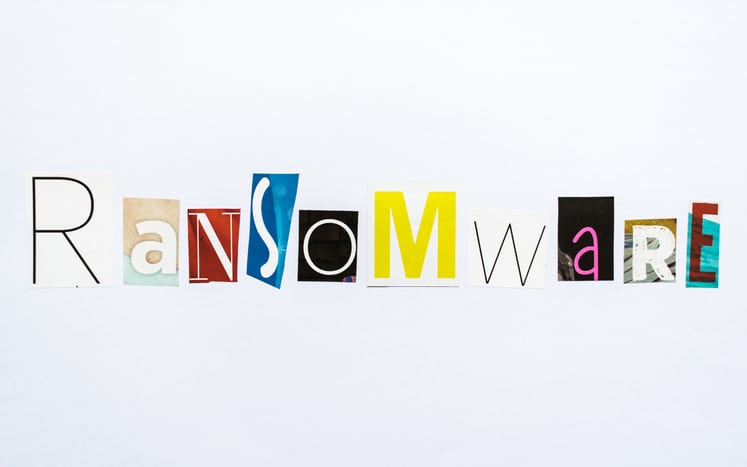Virus fuels ransomware surge
Reading Time: 2 minutes5th November 2020 | Modified: 19th December 2022Categories: Tech News
Global ransomware attacks soared by 20 per cent in the first half of 2020 with 121 million incidents recorded worldwide.

That’s according to research by SonicWall Capture Labs, which shows that 79.9 million targeted the US and 5.9 million in the UK. Both countries were just outside the top ten nations most affected. China and South Korea were among the worst hit.
As the UK’s National Cyber Security Centre explains, ransomware is a type of malware that prevents you from accessing your computer or the data stored on it. Your computer may become locked, or the data on it stolen, deleted or encrypted. Usually, you’re asked to make a payment often in cryptocurrency – such as Bitcoin – in order to unlock your computer or access your data.
But even if you pay the ransom, there is no guarantee that you will regain access to your computer, or your files.
COVID phishing
SonicWall believes the ransomware surge is partly due to a sudden increase in employees working remotely due to COVID-19. But it’s more due to Coronavirus-based phishing. COVID-related messages are sent via email or social media which tempt people to click on links which import malware onto their devices. This virus-themed phishing peaked in April.
SonicWall’s research also indicates that the total number of cyber attacks has actually declined by 24 per cent – dropping to 3.2 billion less than in 2019. The problem is that fewer attacks are deployed at a faster rate and spread more rapidly.
SonicWall’s chief executive, Bill Conner, says their research shows hackers continue “to morph” their tactics to sway the odds in their favour during uncertain times. With everyone more remote and mobile than ever, businesses are highly exposed – and cybercriminals are very aware of that.
According to data gathered by WP Manager, specific attacks on WordPress content management systems (CMS) has increased 60 per cent this year. The leap was spotted due to the flood of requests for malware removal by users of the WordPress-based CMS. Whether or not the pandemic fuels, this is not immediately apparent. But WP Manager’s boss does think the sheer number of WordPress compatible plugins available for download is a potential cause because these offer more opportunities than ever for hackers to target and exploit vulnerabilities.
Gary Jowett, from Computer & Network Consultants (CNC) in Brighton, said: “Like with all software, it’s imperative to make sure a patch-management solution is put in place. This would make sure WordPress has all the latest bug and patch fixes applied as soon as they become available to protect against hackers.
As for the SonicWall research, the recent use of Coronavirus as subject matter for a significant increase in phishing attacks is another lesson in training your people to be vigilant to the oldest trick in the book. Never click on an unsolicited link however familiar or relevant to your life or business it appears to be because most bona fide organisations will never invite you to click on such links.”


